ReCreate, a joint venture between the founders of U.S.-based Create Energy and EU-based Recom Technologies, announced in mid-June a plan to build a 5 GW solar module and cell manufacturing facility in Portland, Tennessee. Create Energy is the brainchild of Dean Solon, who previously grew Shoals Technologies Group from a Tennessee-based startup to a publicly listed PV BOS manufacturer in January 2021. Hamlet Tunyan is the CEO of Recom Technologies, a European module manufacturer.
pv magazine spoke with both solar entrepreneurs on the future factory at last month’s Intersolar 2024 in Munich, Germany.
“In the first quarter of 2025, we will have two module assembly lines operating at the factory, with up to 2 GW capacity,” Tunyan said. “We will then begin cell production within 18–24 months.” For the deployment of the cell lines, ReCreate will potentially acquire another building.
The company will initially source solar cells from Asia, excluding China. “We could even import cells from Korea,” Tunyan stated. “We have to meet increasing module demand in the United States,” Solon added. “Project developers are currently in trouble, and we want to provide them with reliable products.” Increased tariffs on solar modules imported from Southeast Asia threaten to limit their supply to the US downstream market. Southeast Asian manufacturers account for 80% of solar components in the US.
Solon also explained that the ReCreate modules produced at Create’s facilities will be part of a combined package from Create Solutions. This can include equipment EPCs require for their projects, such as transformers, switchgear, MBOS, BESS, and EVSE. “Create Energy along with Create Solutions, wholly owned subsidiaries of Create Holdings, are a one-stop-shop where you can source all the equipment and services needed for renewable energy projects,” Solon said.
The module production facility will initially produce TOPCon panels, although ReCreate may also consider adding heterojunction (HJT) or back contact (BC) products to its portfolio. “Wherever the module technology is going, that’s where we’re heading; we’ll always be on the leading edge,” Solon and Tunyan specified.
He also revealed that, in the future, ReCreate’s modules will be used in what they call “next-gen” PV systems. “Create’s vision is to provide solutions that navigate labor constraints and maximize system reliability at the lowest installed cost per kW,” Solon said. “This will include optimizing the interplay between modules, trackers, power stations, and other integrated systems.”
At his own venture, Create Energy, Solon is charging ahead with disrupting the energy storage and microgrid markets. NanoGrid, the company’s first product, will be the microgrid solution for a top-tier Japanese car manufacturer, extending to dealerships across North America. According to Solon, NanoGrid involves “canopy and rooftop solar, battery energy storage, and site-load monitoring tied to level 2 and level 3 EV charging solutions.”
In addition to starting Create Energy, Solon also anchored the formation of Neos Partners following the IPO and his departure from Shoals. Neos raised $830 million as a private equity fund that has invested in six companies to date, a very impressive track record for a fund that closed in spring of ’23. Solon refers to this collection of target companies as an “un-evil empire” providing transformers, switchgear, EPC, and engineering services. “Create’s clean-tech products are reimagining renewables beyond utility infrastructure to the power-starved EV, data center, and artificial intelligence (AI) markets,” said Solon.
As Solon revealed in Munich, ReCreate modules and cells are just the beginning. “Made in Tennessee” batteries seem to be in the works as well and the focus will be on providing complete EV, PV, and BESS solutions from Create Energy to the North American & EU Markets, supplying large-scale EPCs, renewable energy developers, and Commercial and Industrial (C&I).
This content is protected by copyright and may not be reused. If you want to cooperate with us and would like to reuse some of our content, please contact: editors@pv-magazine.com.
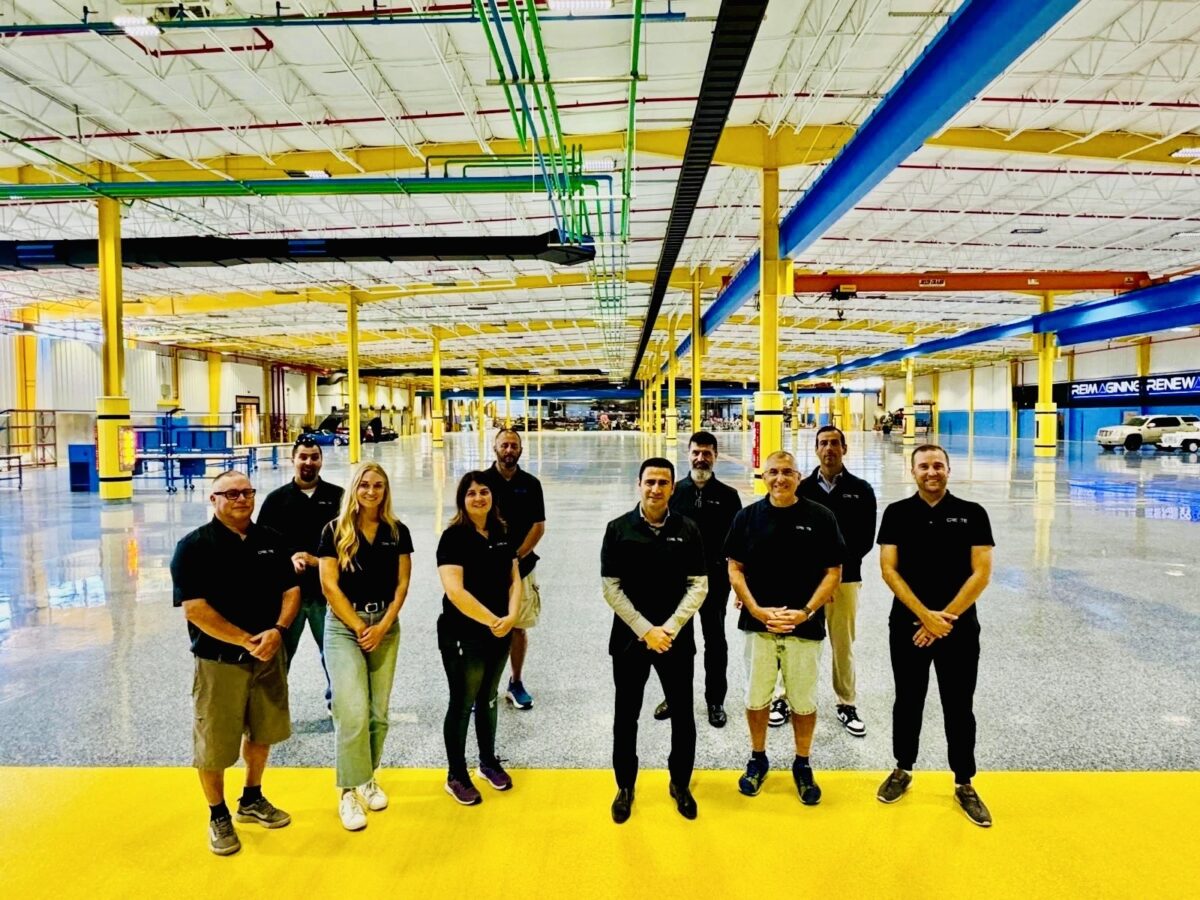
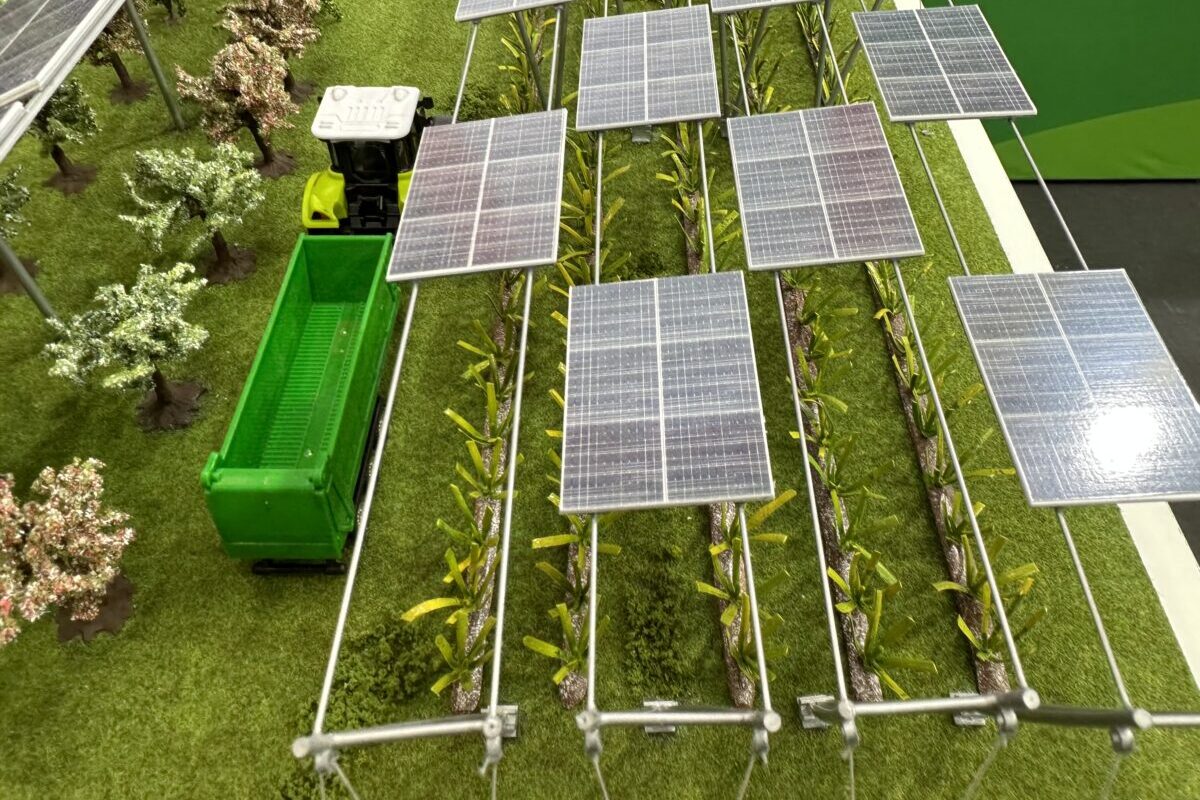


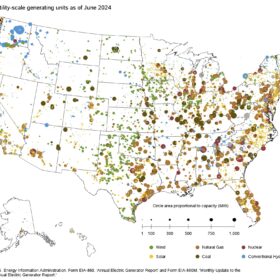
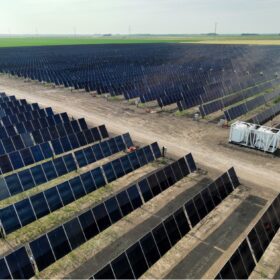


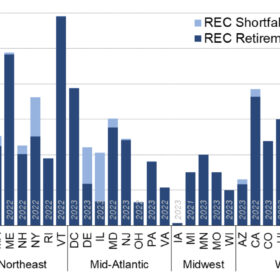
By submitting this form you agree to pv magazine using your data for the purposes of publishing your comment.
Your personal data will only be disclosed or otherwise transmitted to third parties for the purposes of spam filtering or if this is necessary for technical maintenance of the website. Any other transfer to third parties will not take place unless this is justified on the basis of applicable data protection regulations or if pv magazine is legally obliged to do so.
You may revoke this consent at any time with effect for the future, in which case your personal data will be deleted immediately. Otherwise, your data will be deleted if pv magazine has processed your request or the purpose of data storage is fulfilled.
Further information on data privacy can be found in our Data Protection Policy.